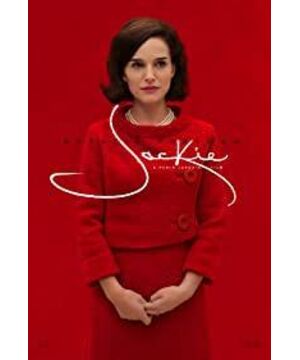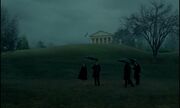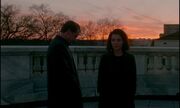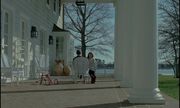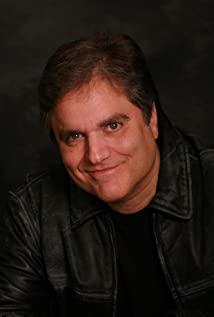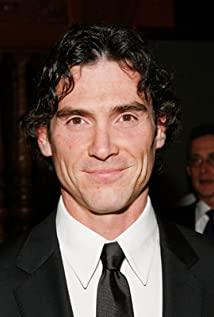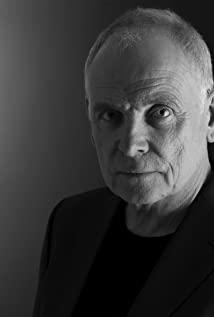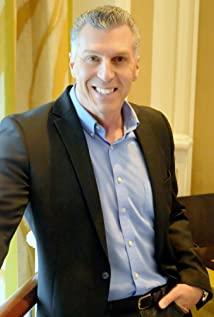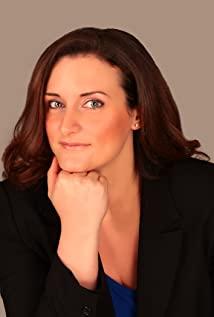"I didn't want to be famous, I just married Kennedy."
Walking in front of the camera, the first lady is like history, truth and memory, always moving forward and constantly changing.
The reporter asked if he took advantage of the footage of Jacqueline looking at the nation through the glass when he was a child, and the juxtaposition of throwing toys and putting clothes on when packing luggage was also very interesting.
The black silhouettes of people in the black pane and those shallow focal shots are very beautiful in the roughness and frame of 16mm film.
The film goes to the climax of the dialogue between the reporter and Jacqueline. The posture of Jacqueline is no longer balanced. Jacqueline leans forward to receive her insisting on choosing to march; then the climax, shooting, funeral, dictation and parallel editing of voice exchange.
After that, the filming of a documentary is interspersed with oral memories and confessions; the authenticity of the image echoes the authenticity of human nature and the authenticity of history; in the last scene, Jacqueline hugs Kennedy and shows half of her face, carefully arranged documentary shooting And the confessions that came out of memory after being comforted constantly are still false, which may be the reason for this biopic.
This layer can also go deeper.
View more about Jackie reviews


